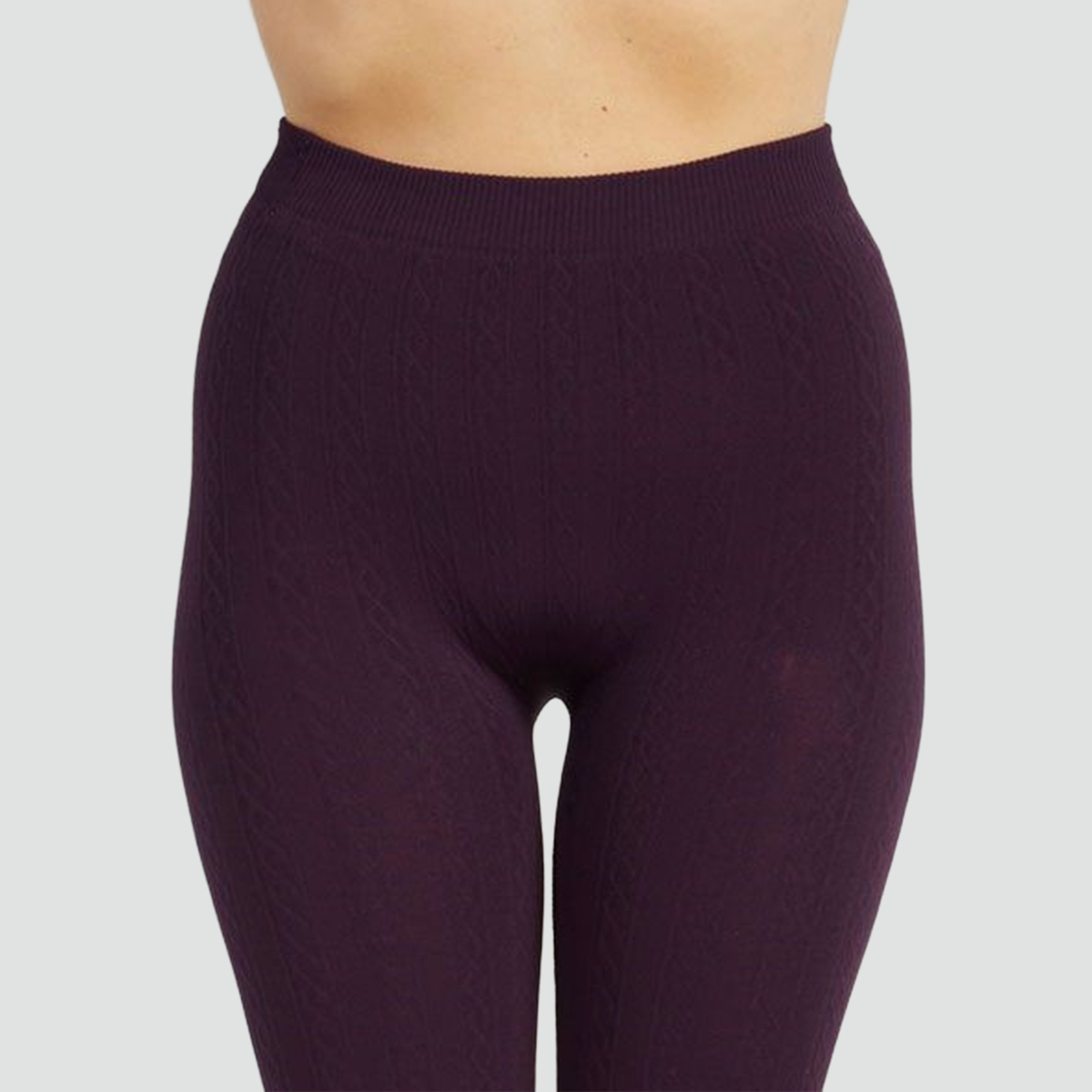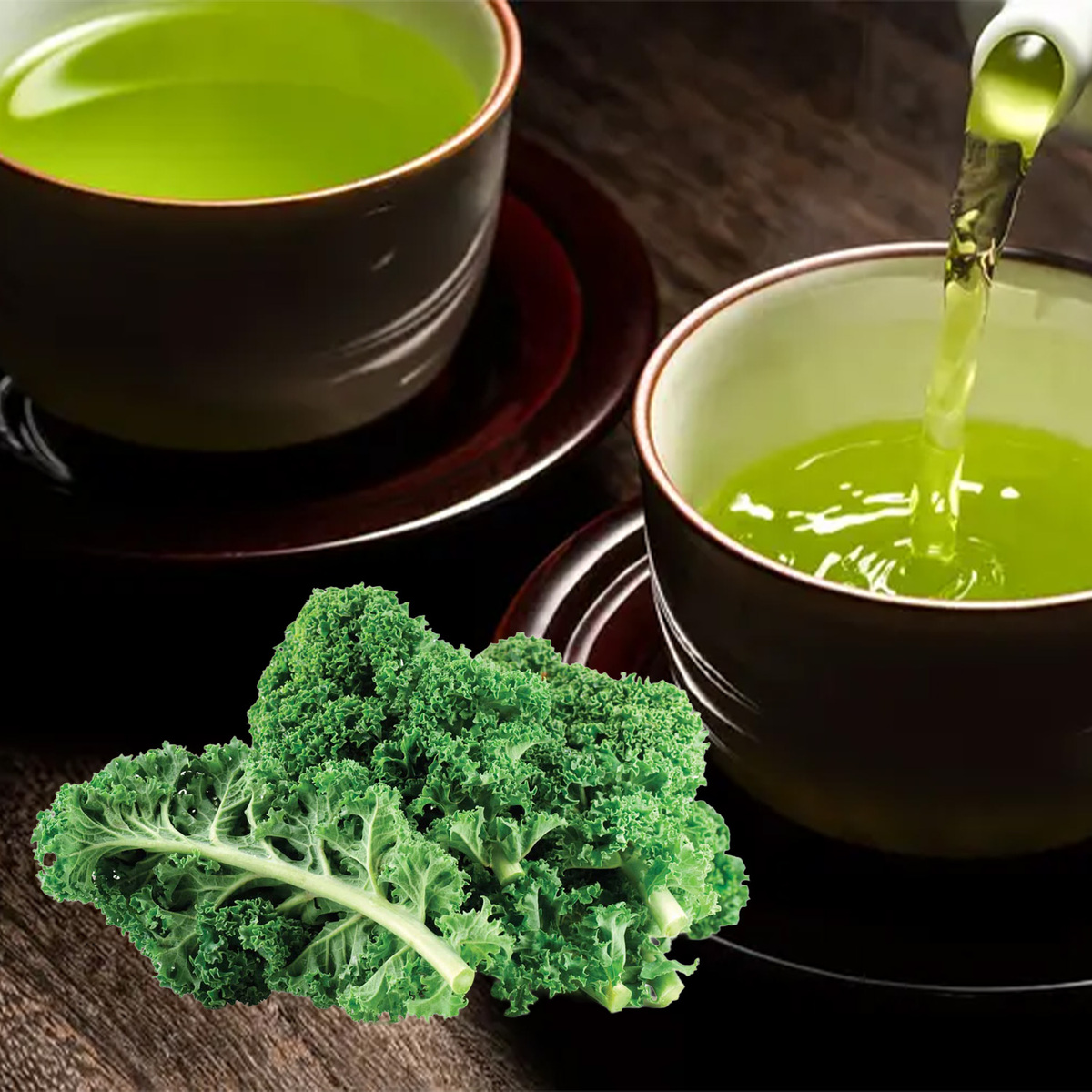
How To Spot A Fad Diet This January
Diets are so last year.
January is diet culture’s favorite time of the year. It disguises itself behind “New year, new me” campaigns, and each year, it somehow convinces us that losing weight is our sole purpose. But we’re here to protect you from its lies.
Dieting will never work long-term, and it will never make you happy, despite what it promises. The thing is, diets don’t take into account anything about you personally; they’re designed for the masses. Our bodies are unique to each of us, and so a diet made for millions won’t work.
Social media and TV adverts are bound to be jam-packed with dieting tips and January detoxes, so here are our five top tips to spot a fad diet a mile away and press that unfollow button immediately.
1. Check the source

Instagram may have you believe that everyone is a nutritionist or personal trainer, but many health and fitness influencers don’t have any professional background, just a big following (remember the appetite-suppressing lollipops?). So, don’t assume that everything you read is right because there’s a lot of conflicting information out there, do your proper research! Laura Thomas is a self-proclaimed ‘intuitive eating, weight-inclusive, non-diet nutritionist’ and her platform is dedicated to teaching people how to have a positive relationship with food. We recommend following Laura for a daily reminder that diets suck!
2. Promises of a quick fix

If you come across anyone or any brand saying “lose a stone in 2 weeks,” then block block block! This kind of diet is not sustainable, and it’s not healthy. Eating fewer calories or tons of fruit and veg isn’t necessarily the healthiest diet, contrary to what we’ve been taught. Even if your goal is to lose weight this year, losing a large amount of weight in a small amount of time isn’t necessary, and long-term, it will probably do more harm than good. Why? Because a quick-fix diet is indeed that, a quick short-term solution that involves a lot of restricting that simply cannot be sustained.
3. Tips to change our body shape

No exercise can get rid of your hip dips (and you don’t need to). Yes, we can lose overall fat, but we can’t pinpoint specific areas. Yes, we can gain muscle, but our genetics play a big role, and ultimately, we can’t change them, no matter how hard we try. Bodies have changed like fashion trends through many decades, but our bodies aren’t accessories to be shaped and molded, and any diet that focuses on the shape of your body doesn’t have your health at heart.
4. Creates a negative relationship with food

Diets that promote ‘bad’ foods and assign moral value to food aren’t healthy. Putting food into two rigid categories of ‘good’ or ‘bad’ and ‘clean’ or ‘dirty’ is incredibly damaging. No food is inherently bad or good. This sort of narrative only creates a lot of pressure, restricting and guilt, none of which are beneficial for our physical or mental health. Instead, listen to your body and respond mindfully.
5. It promotes miracle foods

Do you remember the ‘superfood’ craze that had us thinking kale and green tea were like holy water? Obviously, they’re nutritious, but they’re not going to magically change us.
Nourishing our bodies is so much more than losing weight.











